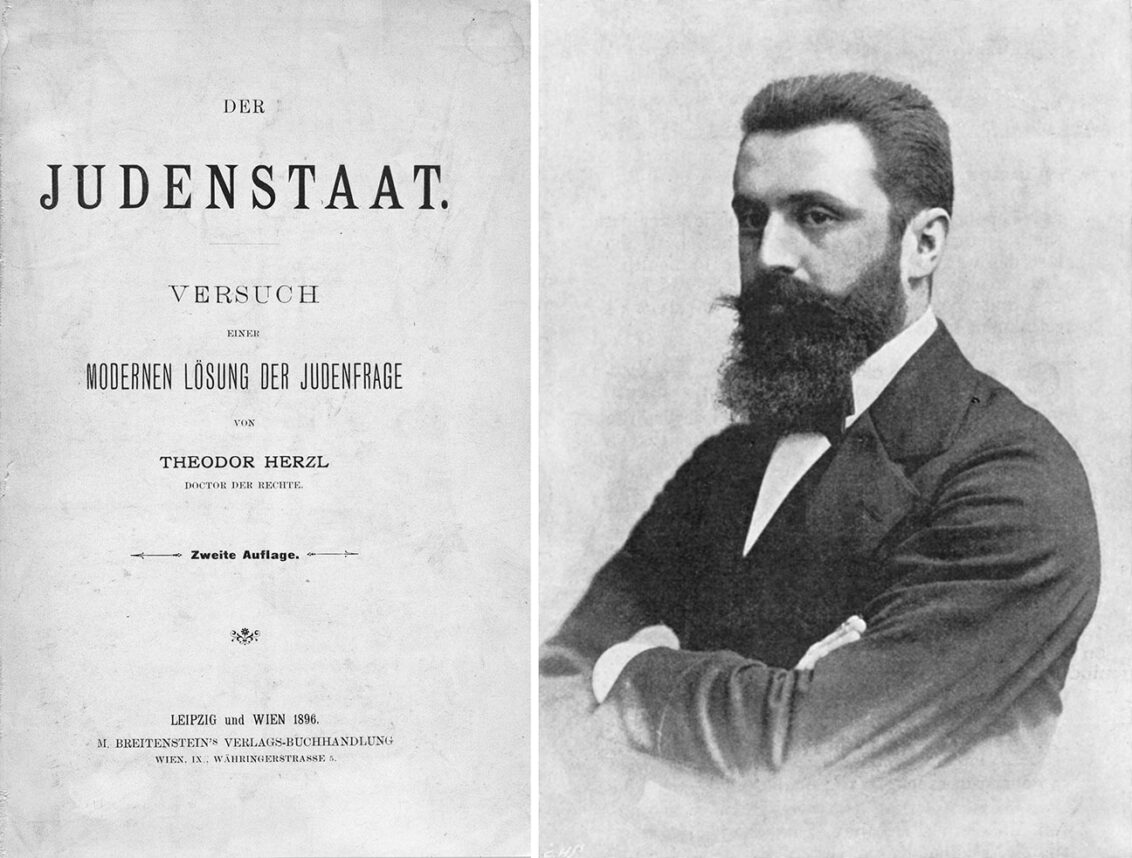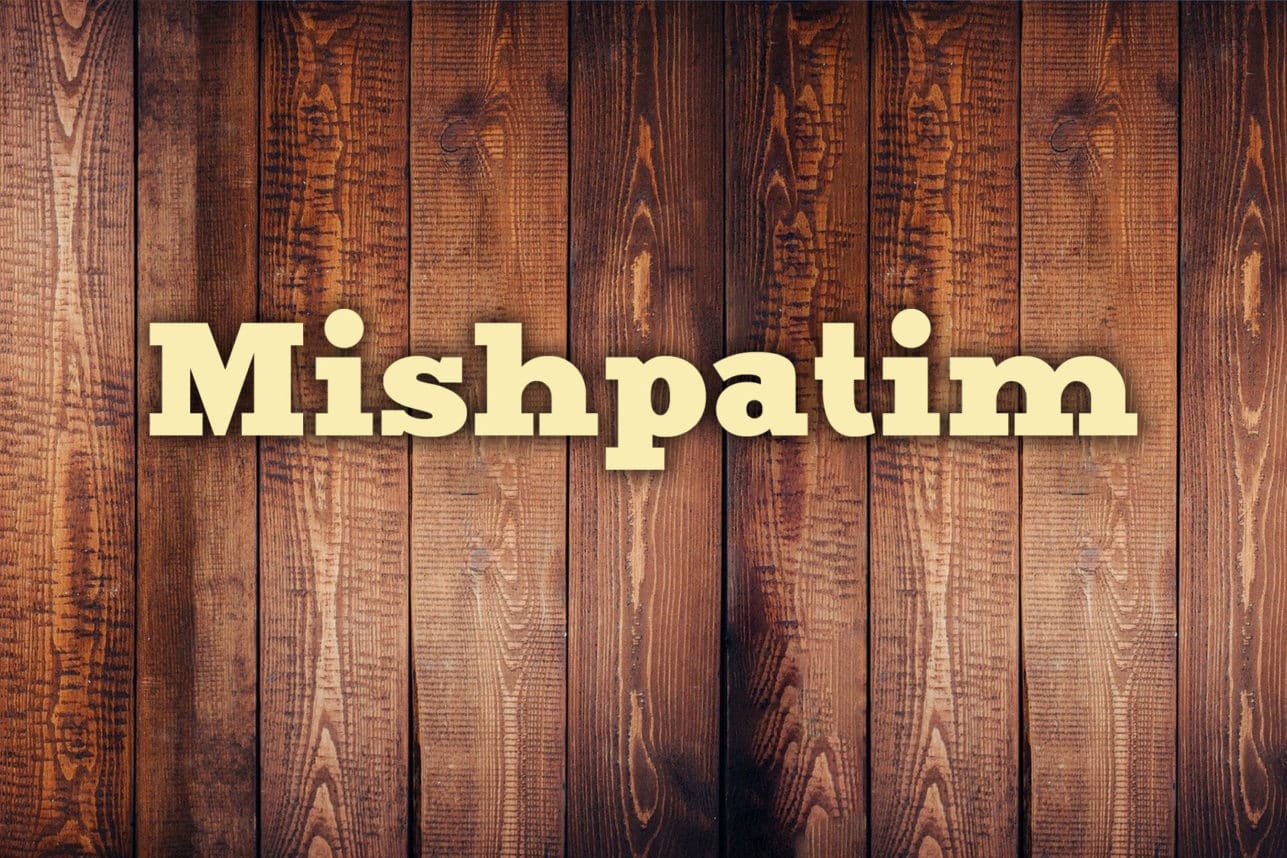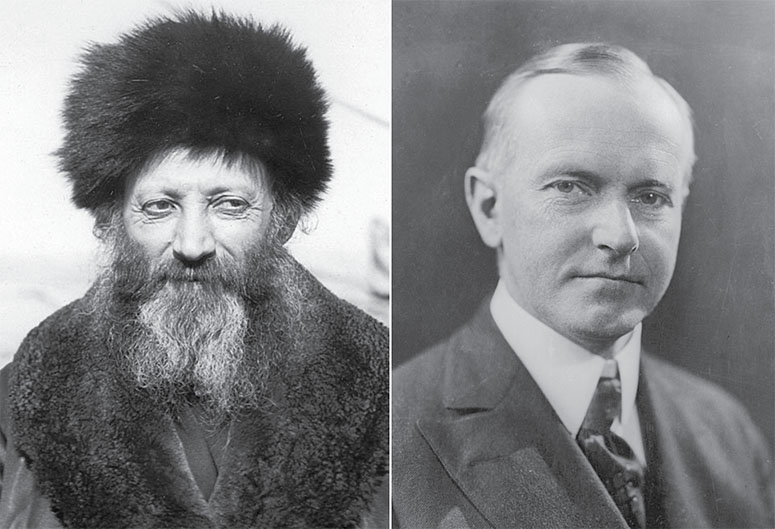Two simple one-syllable words, yet they are not so simple. The English “yes” comes from yea + si, meaning “so be it!,” a stronger yea. Shakespeare uses it only as an answer to a negative question. The Hebrew word ken means “right,” related to nakhon “correct, true” derived from the root k-u-n, “be established, firm, right.”
Indeed, ken (m.), kenah (f.) also means “honest,” but many Israelis pronounce it kené by mistake (as if it were from k-n-y).
Obama’s pre-election motto, “Yes, I can” became, in Hebrew, “Ken, ani yakhol.” Another popular American influence of shouting “Yesss!” when your team wins, is the Israeli play of words: “YESHSH!” (“We have it !”).
Yona Sabar is a professor of Hebrew and Aramaic in the department of Near Eastern Languages & Cultures at UCLA.

































